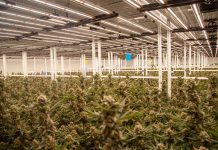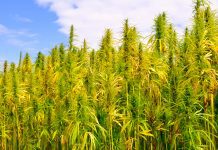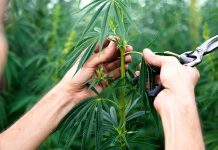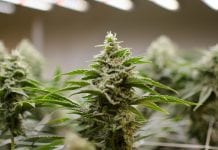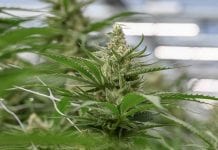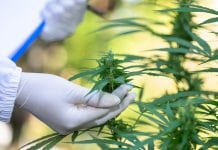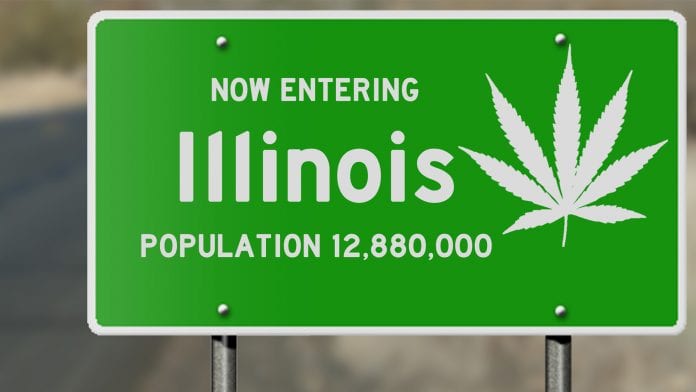
Four companies are the first to be awarded an adult-use cultivation licence from the Illinois Department of Financial and Professional Regulation (IDFPR).
The companies, Ascend Illinois, Cresco Labs, Colombia Care and PharmaCann, will now be able to cultivate medical cannabis in the state.
Cresco Labs CEO and Co-founder Charlie Bachtell said: “We are very pleased to receive the first adult-use cultivation approvals granted in Illinois, which speaks to our continued success in efficiently executing on our strategic priorities.
“The approval of our cultivation facilities is a key milestone in our preparation for the legalisation of recreational cannabis in Illinois on January 1, 2020. As the only operator with three cultivation facilities in Illinois – the maximum number allowed in the state – we will have the scale and capacity to effectively capitalise on the dramatic increase in demand for cannabis expected next year.
“We continue to have the leading share of the Illinois medical-use cannabis market, and we believe the exceptional progress we have made this year to expand our cultivation capacity and retail dispensary network in Illinois will position Cresco Labs to be the market leader in recreational cannabis as well.”
Next round of applications
The Illinois Department of Financial and Professional Regulation has also announced that applications for adult-use cannabis licences for new dispensing organisations are now available.
Applications for new dispensing organisations can be found on the Department’s website. The applications will be accepted by the department starting on December 10, 2019 and must be submitted by January 2, 2020.
Applications will start being reviewed following January 2 deadline, with seventy-five conditional adult use dispensing organisation licences awarded by May 1, 2020.
Governor JB Pritzker said: “As Illinois enters the next phase of its adult use cannabis program, we are committed to a process that is efficient, timely and most critically, continues to place equity at the forefront.
“From ensuring social equity applicants receive points on their application to providing grants and technical assistance, this is a process that does more than any other state in the nation to make equity a priority.”
Deborah Hagan, Secretary of the Illinois Department of Financial and Professional Regulation said: “We’re committed to ensuring that this process is transparent, fair and accessible to people from all communities in Illinois.
“Our Department understands the important role it plays in ensuring all applicants have an opportunity to become involved in this industry and we will continue to work with our partner agencies to ensure applicants have the information they need.”
Social equity applicants will receive points on their application and are eligible to receive technical assistance, grants, low-interest loans and fee reductions and waivers. To qualify as a social equity applicant, the statute requires the applicant to be an Illinois resident and meet one of the following criteria:
- At least 51% ownership and control by one or more individuals who have resided at least five of the preceding 10 years in a disproportionately impacted area;
- At least 51% ownership and control by one or more individuals [or family member of an individual] who have been arrested for, convicted of, or adjudicated delinquent for an offence that is eligible for cannabis expungement;
- Applicants with minimum of 10 full-time employees, at least 51% of employees who:
- Currently reside in a disproportionately impacted area; or
- Have been arrested for, convicted of, or adjudicated delinquent for an offence that is eligible for cannabis expungement, or is a member of an impacted family.
The Department of Commerce and Economic Development announced Monday which areas meet the definition of disproportionately impacted area. View the map here. Once IDFPR awards a conditional licence, the applicant has 180 days to find a location within its Bureau of Labor Statistics (BLS) Region to operate. That location cannot be within 1,500 feet of another licenced dispensing organisation.



